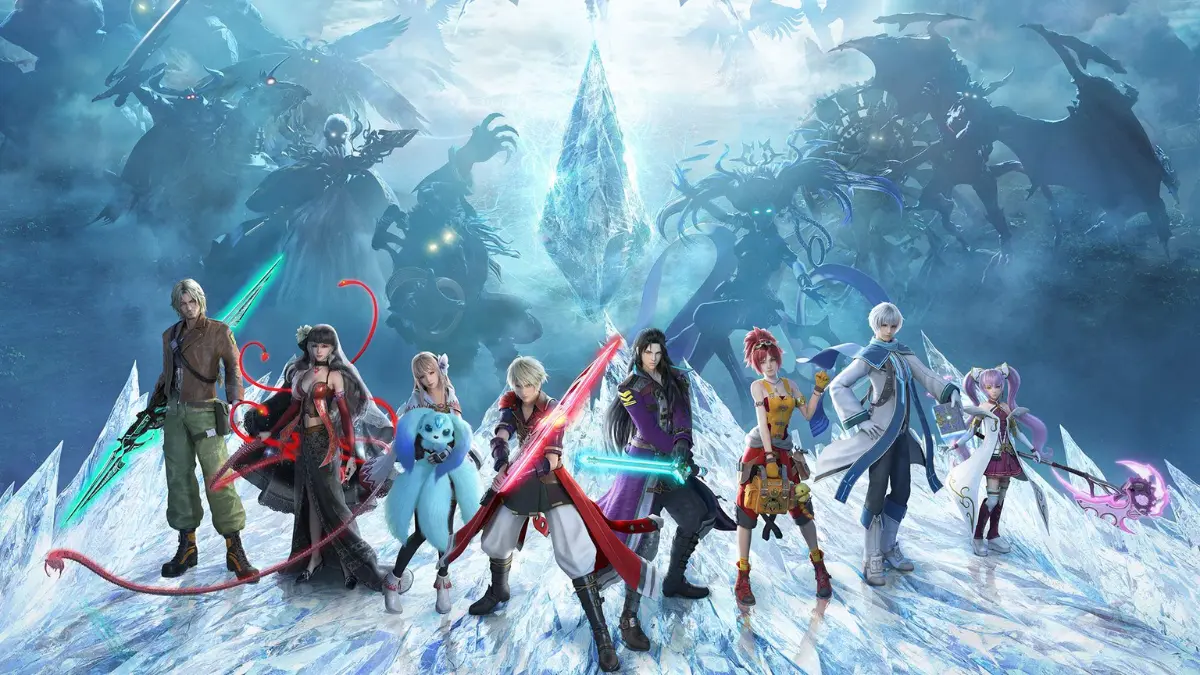A Japanese mobile game developer named Suemaru has painted a grim picture of Japan’s mobile gacha industry, describing it as being in a “sinking Titanic phase,” according to a report from Automaton West.
That bleak outlook comes just as Square Enix confirmed it will shut down two of its long-running mobile gacha titles, Final Fantasy: Brave Exvius and Dragon Quest of the Stars, underscoring how Japanese studios are struggling to keep pace with the higher production values and aggressive global strategies of Chinese and Korean competitors.
The developer’s comments reflect growing anxiety within Japan’s once-dominant mobile gaming sector. They pointed to a widening gap between what Japanese studios produce and what international audiences now expect. While games like Fate/Grand Order and Umamusume still perform well domestically, the global landscape has shifted dramatically.
Chinese publisher HoYoverse fundamentally changed the game with Genshin Impact in 2020. The title brought console-quality graphics, full voice acting, and massive open worlds to mobile devices. Follow-ups like Honkai: Star Rail and Zenless Zone Zero maintained this high bar. Korean studios followed suit with titles like Wuthering Waves pushing similar production values.
These games didn’t just raise visual standards. They launched simultaneously across mobile, PC, and console platforms with global releases from day one. Meanwhile, many Japanese gacha games still focus primarily on domestic audiences, often sticking to 2D art styles and mobile-only releases. Popular titles like Kantai Collection never even got official English versions, leaving international markets wide open for competitors.
The developer argued that simply pivoting to console development isn’t a viable escape route for struggling mobile studios. The skillsets required are fundamentally different. Mobile gacha teams specialize in 2D art, rapid content updates, and monetization-focused design. Console development demands expertise in high-end 3D graphics, complex animation systems, and performance optimization.
Budget constraints make the transition even harder. Console-quality games require significantly more money and time than mobile titles. Where a mobile game might iterate quickly based on player feedback, console games need years of development before seeing any return. The certification processes for PlayStation, Xbox, and Nintendo add extra layers of complexity that mobile-only studios aren’t equipped to handle.
The monetization mismatch
Business models present another major hurdle. Gacha games thrive on continuous small purchases and regular content drops that keep players spending. Traditional console games rely on upfront purchases or different live service models. Studios can’t simply transplant gacha mechanics into console releases without alienating audiences or risking regulatory scrutiny.
The talent shortage compounds these problems. Japanese mobile studios struggle to recruit experienced 3D artists and animators who can match the quality players now expect. These specialists often prefer working at established console developers or international studios offering better compensation. Even when studios want to modernize, they can’t find the right people to execute that vision.

